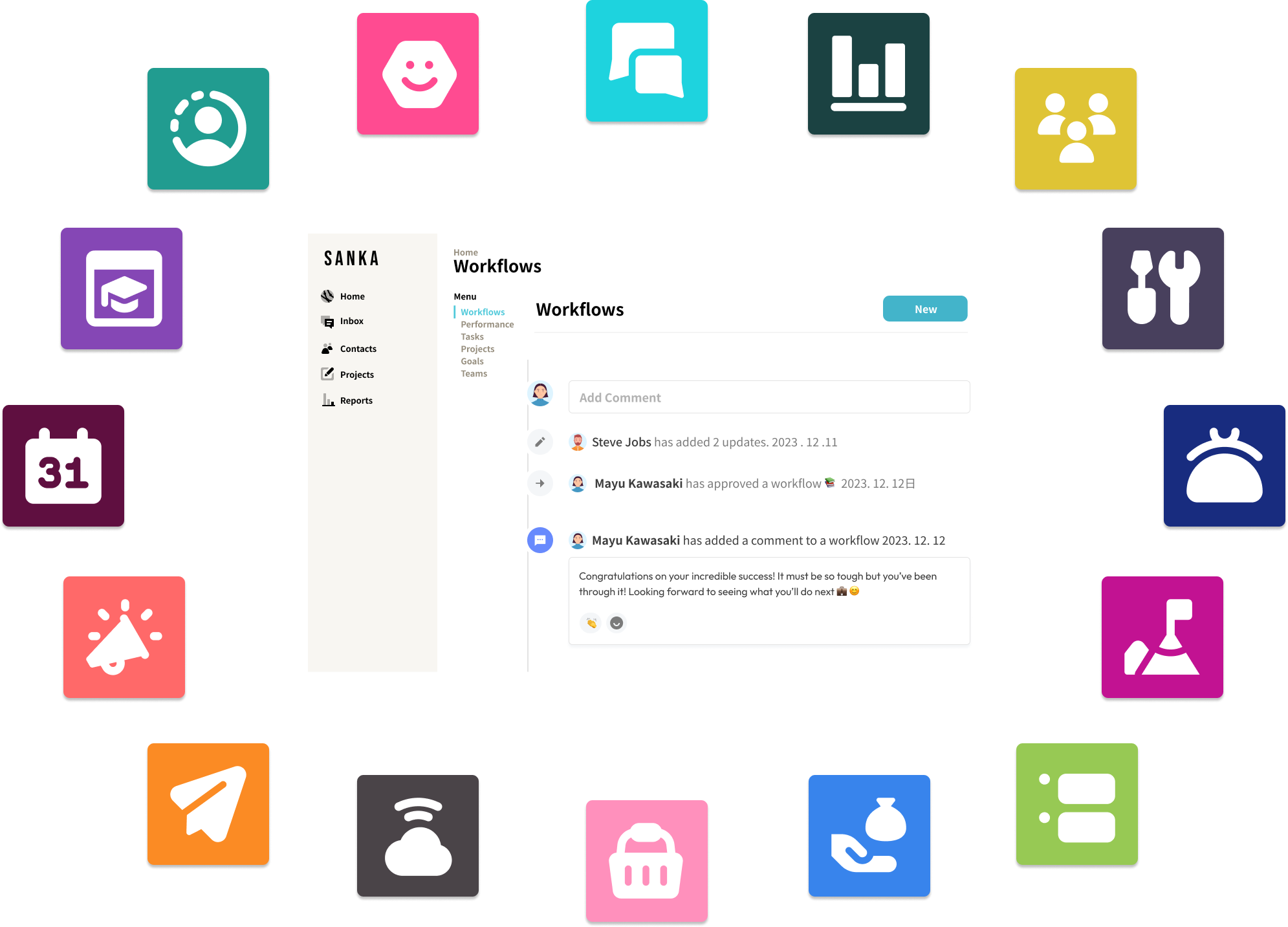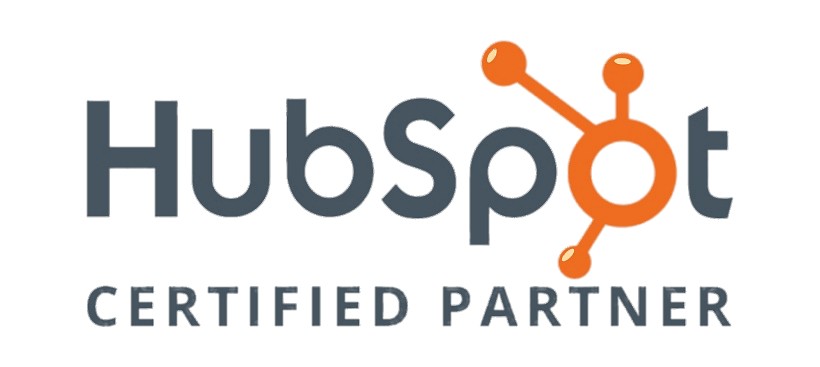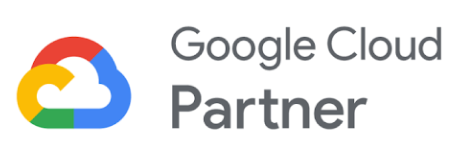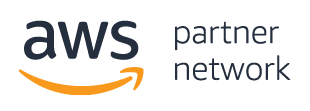Introduction
In the dynamic world of sales and marketing, managing client interactions is paramount.
A Customer Relationship Management (CRM) system can make this easier by providing tools to collect, analyze, and manage customer data.
But with various flavors of CRM available in the market, which one should you choose?
One standout is cloud-based CRM. This blog post delves into what cloud-based CRM is, why it’s beneficial, and how it can elevate your business.
What is Cloud-Based CRM?
Cloud-based CRM—also known as Software as a Service (SaaS)—is a CRM system stored in the cloud instead of being installed directly on your business's computers and servers.
In other words, it's an application hosted on a remote server, where data is stored and accessed over the internet.
This web-based approach ensures you can access your CRM data anytime, anywhere, and from any device with an internet connection.
How is it different to Traditional CRM?
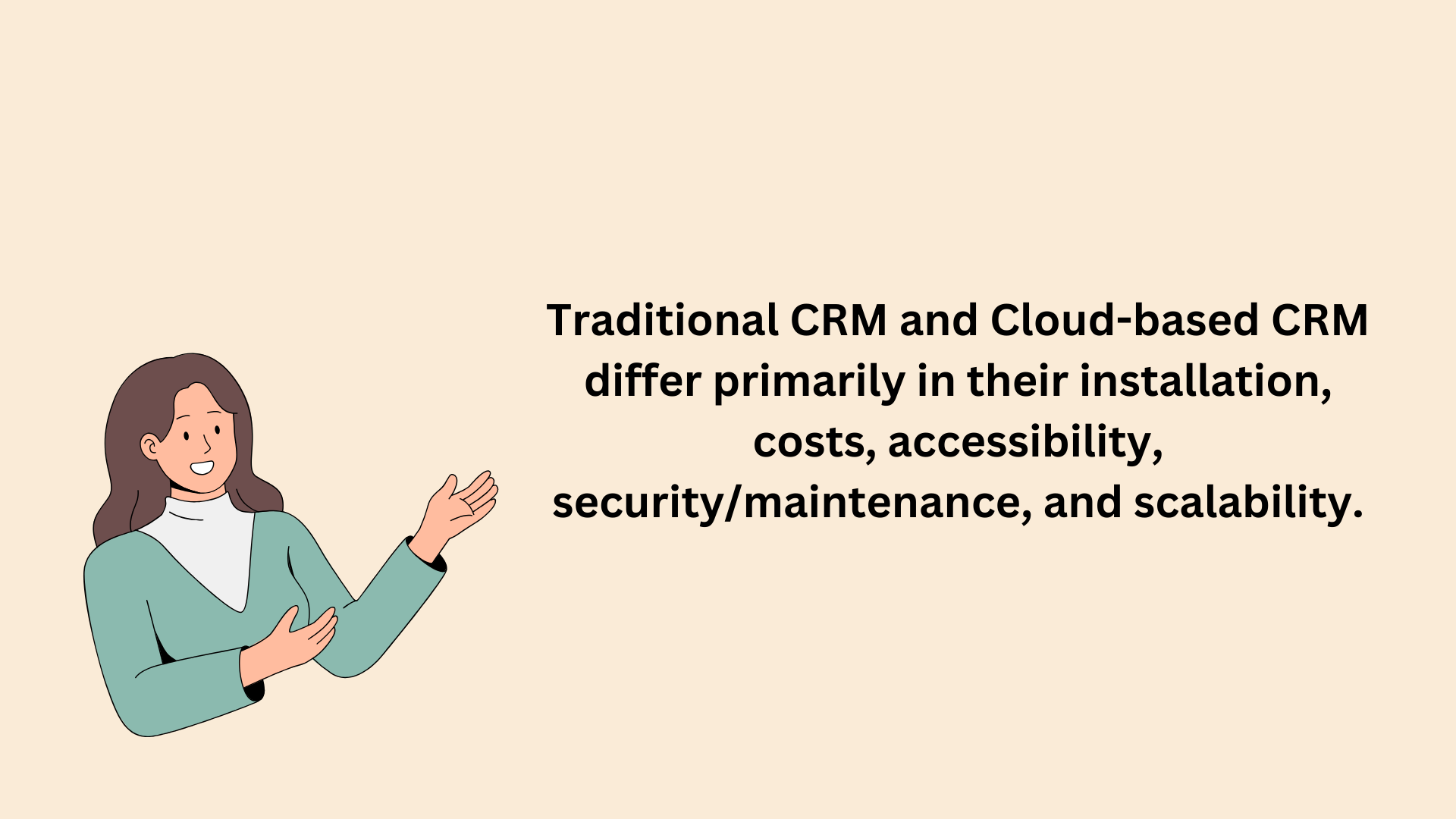
Traditional CRM, or on-premises CRM, involves substantial upfront investment in hardware and software and is maintained on a company's individual servers.
On the other hand, Cloud-based CRM, delivered as a Software as a Service (SaaS), requires a lower initial outlay, with costs spread over a subscription model.
Accessibility differs significantly—Traditional CRM data is accessed from within a company's network, whereas Cloud-based CRM allows data access from anywhere with an internet connection.
Customization and scalability present another key difference. Tailoring Traditional CRM to specific needs can be complex and requires a skilled IT team.
In contrast, Cloud-based CRM offers easier customization and streamlined scalability to meet a business's growth and changes.
Benefits of Cloud-Based CRM
A Cloud-Based CRM System (Customer Relationship Management) presents a multitude of benefits for businesses of all sizes.
Its effectiveness is not just theoretical; numerous studies and statistics validate its significant impact on companies' performance and profits.
Here are some of the benefits of utilizing a cloud-based CRM:
Increased Sales
This increased rate emerges from the automated sales processes, improved sales pipeline visibility, and enhanced communication with customers made possible by a cloud-based CRM.
Superior Accessibility and Reduced Sales Cycle
A cloud-based CRM reduces the complexity of the sales cycle by an average of 8-14%.
This reduction is due to the improved data accessibility that the technology provides.
Cloud CRM users can access critical information about leads and customers anywhere, at any time, streamlining business processes, and expediting the sales cycle.
Productivity Gains
A cloud CRM does more than just increase sales; it's also instrumental in amplifying overall productivity.
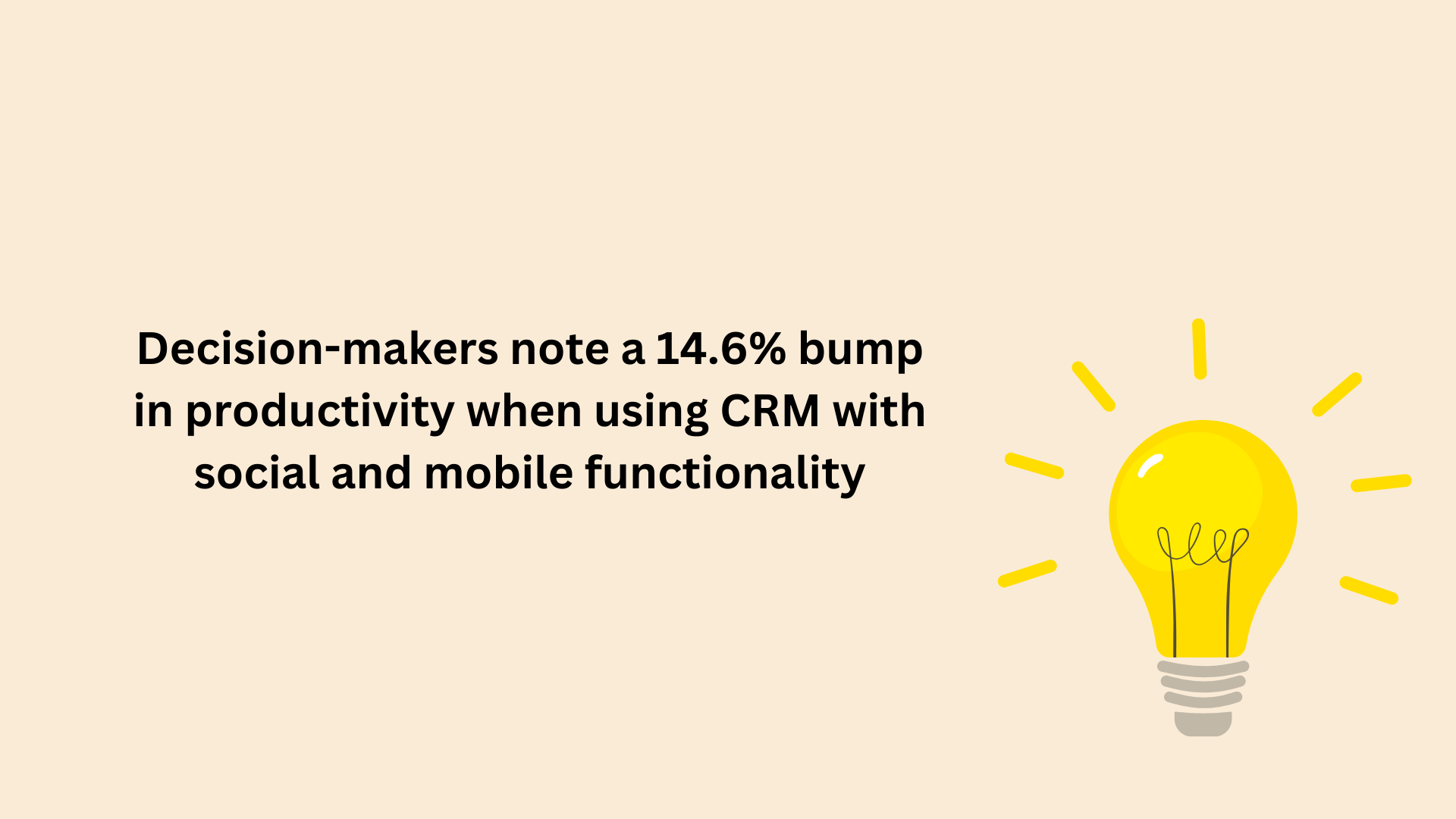
SaaS Adoption on the Rise
Cloud CRM, a variant of Software as a Service (SaaS), is witnessing exciting growth in adoption rates.
The high adoption rate signifies a shift in businesses' preference for Cloud CRM, given its versatility and scalability.
Why is Cloud-Based CRM Better?
So why opt for a cloud-based CRM? Here are the reasons that cloud-based CRM is an excellent choice for businesses of all sizes.
Seamless Accessibility
A key advantage of cloud-based CRM is its accessibility, as it removes geographic limitations.
A cloud-based CRM system stores data in the cloud, ensuring that all customer information is easily accessible from anywhere and at any time.
The only requirement is a device with internet connectivity. This flexible access enhances collaboration among team members and allows for quick decision-making, improving customer service in the process.
Cost-Effective and Scalable
Cloud-based CRM systems steer clear of upfront costs. No need for hardware purchases, server installation, or on-premises software maintenance.
Software updates are managed by the CRM provider, reducing the load on your IT department.
Additionally, cloud solutions often work on a subscription-based model, allowing you to scale the system as your business grows, with flexible plans that suit your specific needs.
This scalability makes cloud CRM an ideal choice for both small businesses and enterprises.
Rapid Deployment
Unlike on-premises CRM where deployment may take months, cloud-based CRM offers rapid deployment.
With a hosted solution, your business can start leveraging CRM benefits almost immediately after sign-up and setup.
This agility allows businesses to adapt to market changes quickly and can provide a competitive edge.
Easy Integration and Customization
Cloud-based CRM solutions are known for their seamless integration with existing software.
CRM vendors offer integrations with popular business tools like marketing automation platforms, email platforms, and other third-party applications.
This integration helps to streamline your business processes, reduce duplication, and centralize data.
Further, cloud-based CRM systems can be easily customized to meet an organization's unique requirements.
You can design custom fields to track essential data points tailored to your specific industry and business model.
Data Backup and Recovery
There is widespread concern about the security of data stored in the cloud.
However, cloud-based CRM providers prioritize data security and are yet often better equipped at ensuring best practices to protect your data than on-premise systems.
By using secure servers, firewalls, encryption, and strict access controls, your client data remains safe and protected.
Keeping customer data safe is crucial for any business. Cloud CRM solutions have rigorous, built-in data backup and recovery mechanisms.
Regular, automatic backups ensure your valuable data is safe, and in case of any contingency, like data loss due to accidental deletion or a system crash, your service provider can restore your data.
Real-Time Reporting and Analytics
One of the crucial advantages of cloud-based CRM systems is the ability to access real-time data and analytics.
With an easy-to-use dashboard, you can view essential business metrics at a glance, giving your team actionable insights into customer behavior, sales forecasts, and performance.
The dashboard view consolidates vast amounts of data into digestible reports based on your preferences.
This insight helps you understand client needs better, forecast sales, identify trends, and make data-driven decisions to grow your business.
Environmental Friendliness
It's essential to recognize the precious rewards of an eco-friendly solution.
Shifting to a cloud-based CRM system shrinks your company's energy consumption, carbon footprint, and e-waste production.
By making this change, businesses can significantly contribute to a greener future.
Cloud-Based CRM in Action: A Sandwich Store Analogy

Imagine running a sandwich store in a quaint town. At the heart of this business, you have a capability that is inspired by tradition but propelled by modernity, much like a cloud-based CRM system.
For starters, envision your customer base as the townsfolk who frequent your store.
Each person has a unique preference, just as in the business world where each customer has different needs and preferences.
A salary man might consistently opt for beef sandwich, while a teacher from the local school relishes your tuna sandwich.
This selective preference of your customers is where the magic of cloud-based CRM comes alight, collecting, organizing, and analyzing their preferences to provide tailored service.
Now, consider an order placement scenario. Cloud-based CRM functions like a meticulously efficient sandwich maker who takes an order (lead generation), makes and arranges the sandwich (sales process), and finally hands over the freshly made sandwich to the customer (after-sales service).
With the wealth of data from numerous customer interactions, the cloud-based CRM "sandwich-maker" learns to predict orders (sales forecasting) and even starts anticipating regular customers’ needs.
Imagine a day when the teacher forgets to order her favorite tuna sandwich. The CRM system sends a gentle reminder, ensuring she doesn't miss out on her beloved treat - effectively showcasing the CRM's customer retention capabilities.
Furthermore, the CRM system isn't limited by the sandwich store's walls. It allows you to step out, meet people at their doorsteps, or even catch them at town events they are part of, offering your signature goods (CRM on mobile devices).
In essence, the cloud-based CRM system operates like a dexterous sandwich-maker—efficient, predictive, adaptive to evolving customer tastes, transcending physical boundaries.
It increases customer satisfaction, improves sales, reduces costs, and maximizes profit—the essential ingredients for running a successful sandwich store.
Choosing the Right Cloud-Based CRM
Selecting the perfect cloud-based CRM solution for your business can feel overwhelming, considering the plethora of options available.
When choosing your cloud-based CRM, consider specific business needs, team size, budget, and required integrations.
With each provider touting various features, functions, and pricing schemes, making an informed decision may seem daunting.
However, taking a structured approach and evaluating several key factors will help you land on the ideal choice for your unique business needs.
#1 Determine Your Business Goals and Objectives
Before diving into cloud-based CRM options, first establish your company's specific CRM goals and objectives.
Begin by identifying the strategic and operational areas in which you'd like to improve, such as lead generation and management, sales and marketing, and customer support.
Ensuring that your chosen CRM solution aligns with these areas will set a strong base for your evaluation process.
#2 Assess Your Business Needs and Size
It's vital to evaluate your organization's size, workforce, processes, and technologies to gauge how the CRM platform will fit into the existing business ecosystem.
The CRM system you choose should enhance current workflows and accommodate your business size, including your growth trajectory.
#3 Evaluate Features and Functions
Now that you understand your goals, objectives, and needs, it's time to compare CRM functionalities and make sure your top choices have the features that align with your preferences.
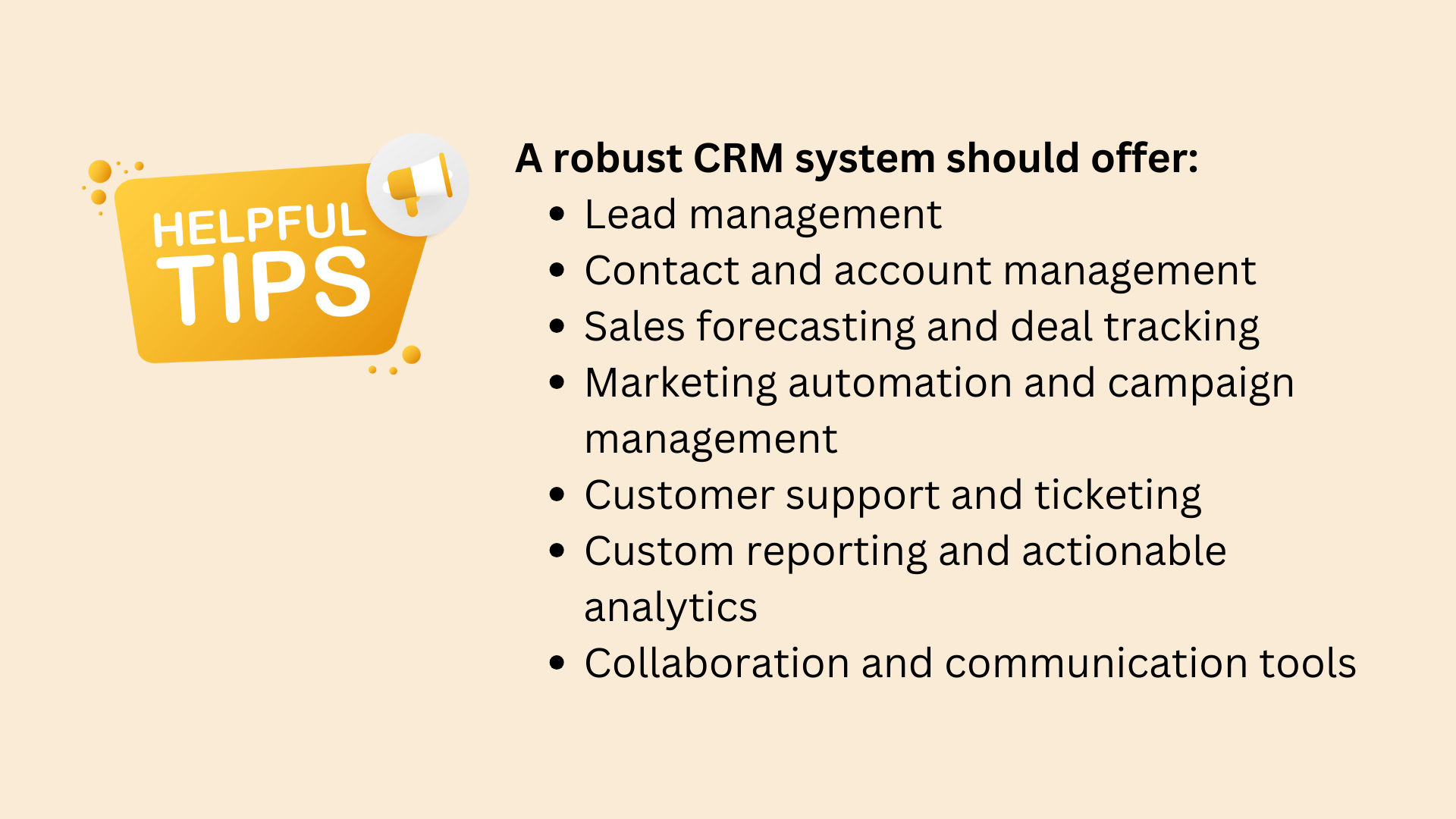
#4 Look for Industry-Specific Solutions
Different industries require unique CRM adaptations to meet their specific needs.
Some CRM providers cater to distinct industries—real estate, e-commerce, healthcare, or non-profits, for example—by offering customizable modules and field templates tailored to that sector.
Ensuring your cloud-based CRM solution is industry-specific will make it even more helpful for your business.
#5 Scalability and Customization
Choose a CRM solution that can grow with your business. Consider providers that offer scalable subscription plans, allowing additional users, features, and storage capacity as your company expands.
Furthermore, the CRM system should be easy and cost-effective to customize, meeting your specific needs now and in the future.
#6 Integration and API Support
A seamless integration with other software you are already using is crucial for maintaining efficient workflows and avoiding scattered data.
Make sure the CRM system supports popular business tools used by your company, such as email platforms, document storage services, e-commerce solutions, and social media.
#7 Training and Support
Effective CRM implementation necessitates a supportive transition through a learning curve.
Companies must ensure that CRM providers offer training materials for easy onboarding and ongoing support, such as detailed help documentation, training videos, webinars, and a responsive customer support team.
#8 Pricing and Total Cost of Ownership (TCO)
Don't let a CRM platform's low pricing undermine its capability. When comparing the pricing and plans, consider the total cost of ownership, including upfront costs, customization, integration, and ongoing support.
Ensure that the investment in the CRM system is justified by the value it provides to your business.
Are you ready to revolutionize your business operations and drive productivity to new heights? Harness the power of a comprehensive CRM solution.
With Sanka, it's like having 20 business applications in one intuitive package - from customer management to invoices, orders, and project tasks.
Plus, benefit from dedicated support by a team of pros with 10+ years of experience.
Contact Sales now to learn more about how Sanka can enhance your business efficiency.
Achieve more with less. The future of CRM awaits you with Sanka. Let's journey to it together.
Conclusion
Cloud-based CRM is an effective tool for managing customer relationships and driving business growth.
The flexibility, cost-effectiveness, and accessibility it offers make it a superior option, especially for businesses seeking to rapidly scale or adapt to evolving market dynamics.
Implementing cloud-based CRM might require some learning and adjustment initially, but the benefits you reap in terms of improved customer satisfaction, streamlined operations, and insightful analytics will justify the effort.
By adopting this technology, you're not just investing in software, you're investing in an asset that will catapult your business to new heights.

